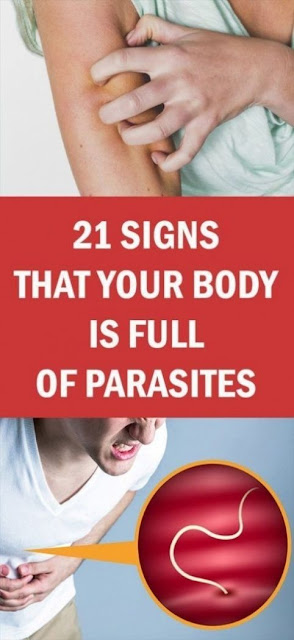How to Stop Losing and Start Getting More Magnesium
Magnesium is very powerful substance and plays important role in our body. This mineral is responsible for over 300 enzyme reactions, and it’s mainly found in the brain, bones and tissues. Magnesium is crucial to nerve transmission, muscle contraction, blood coagulation, energy production, nutrient metabolism and bone and cell formation.
The deficiency of this mineral can lead to serious health problems. You should know that anything which is stiff, feels tight, crampy or irritable, no matter whether we are talking about mood or a body part is actually a sign of deficiency in magnesium.
Magnesium deficiency links to higher CPR levels and inflammation, in fact, around 65% of the people who are admitted to intensive care and 15% of the general population have magnesium deficiency.
The reason is very simple, it’s mostly because we don’t follow a diet that includes this mineral.
If you are consuming dairy, white flour and processed food these do not contain magnesium at all. It’s also the unhealthy and stressful way of living, and it makes us lose the small amounts of magnesium that we have. Usually the levels of magnesium are lost when consuming coffee, alcohol, salt, excess sweating, phosphoric acid in colas or intense and prolonged stress. This also includes antibiotics, diuretics, excessive menstruation and chronic diarrhea.
According to one study made in Kosovo, people who were under chronic stress due to the war actually lost significant amounts of magnesium in their urine. The fact that magnesium can be lost very easily and poorly absorbed in our body makes it a little bit more complicated.
These are the symptoms of magnesium deficiency:
How To Stop Losing And Start Getting More Magnesium:
Stop losing:
Start Getting:
Eat magnesium rich foods such as:
The deficiency of this mineral can lead to serious health problems. You should know that anything which is stiff, feels tight, crampy or irritable, no matter whether we are talking about mood or a body part is actually a sign of deficiency in magnesium.
Magnesium deficiency links to higher CPR levels and inflammation, in fact, around 65% of the people who are admitted to intensive care and 15% of the general population have magnesium deficiency.
The reason is very simple, it’s mostly because we don’t follow a diet that includes this mineral.
If you are consuming dairy, white flour and processed food these do not contain magnesium at all. It’s also the unhealthy and stressful way of living, and it makes us lose the small amounts of magnesium that we have. Usually the levels of magnesium are lost when consuming coffee, alcohol, salt, excess sweating, phosphoric acid in colas or intense and prolonged stress. This also includes antibiotics, diuretics, excessive menstruation and chronic diarrhea.
According to one study made in Kosovo, people who were under chronic stress due to the war actually lost significant amounts of magnesium in their urine. The fact that magnesium can be lost very easily and poorly absorbed in our body makes it a little bit more complicated.
These are the symptoms of magnesium deficiency:
- Muscle Cramps
- ADD
- Insomnia
- Irritability
- Autism
- Angina
- Anxiety
- Asthma
- Palpitations
- Sensitivity to loud noises
- Chronic Fatigue
- Fibromyalgia
- Migraines
- Headaches
- Constipation
- Kidney stones
- Trouble swallowing
- Obesity
- Menstrual cramps
- Reflux
- High blood pressure
- Diabetes
- Osteoporosis
- Irritable bladder and irritable bowel syndrome
- PMS
How To Stop Losing And Start Getting More Magnesium:
Stop losing:
- Learn to relax, find an activity that will help your mind and body to be at ease.
- Consult your doctor in order to give you prescribed drugs to regain the magnesium.
- Limit the intake of alcohol, sugar, salt and flour.
Start Getting:
Eat magnesium rich foods such as:
- Garlic
- Kelp
- Soybeans
- Wheat Bran
- Dandelion Greens
- Barely
- Wheat Germ
- Buckwheat
- Avocado
- Parsley
- Cashews
- Dates
- Figs
- Brown rice
- Brazil nuts
- Rye
- Pecans
- Millet
- Walnuts
- Filberts
- Dulse
- Tofu
- Collard greens
- Shrimp
- Almonds


